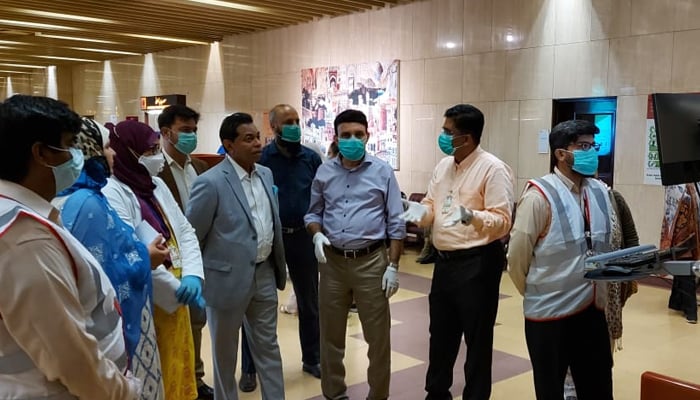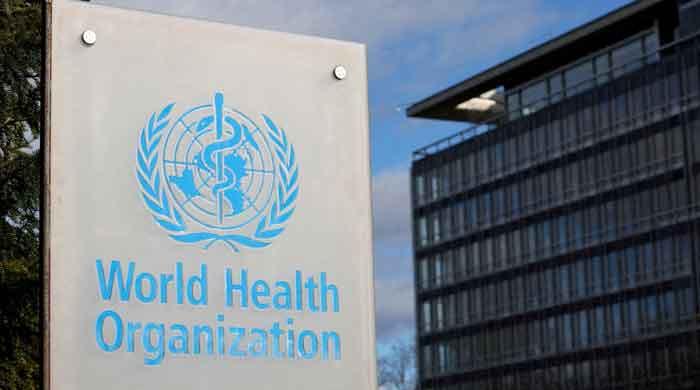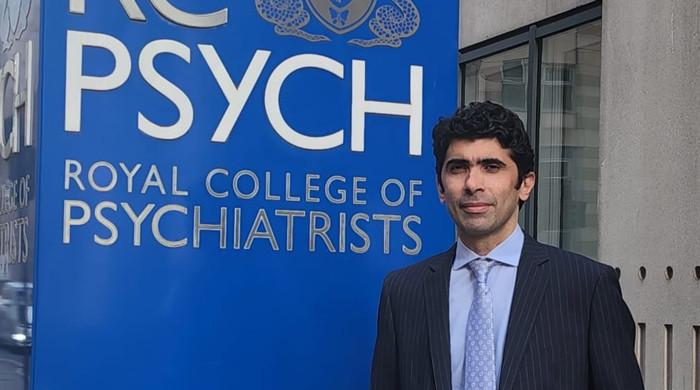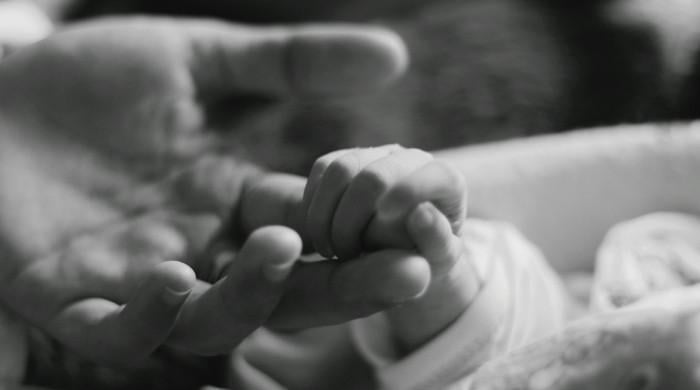WHO official expresses satisfaction over coronavirus screening arrangements at Karachi airport
"I have given some suggestions to authorities but overall I’m satisfied with the arrangements,” says Dr Palitha Gunarathna Mahipala
March 12, 2020

KARACHI: World Health Organization’s (WHO) Country Representative in Pakistan, Dr Palitha Gunarathna Mahipala on late Thursday night visited the Jinnah International Airport Karachi (JIAP) and expressed satisfaction over arrangements made for the screening of people for coronavirus.
“I have spent almost an hour at the Karachi International Airport and I’m quite satisfied with the screening arrangements at the airport. There are two setups for screening and they are quite satisfactory. I have given some suggestions to authorities but overall I’m satisfied with the arrangements”, Dr Palitha said while talking to The News.
Read more: Current Status of reported cases and deaths
After his arrival at the airport, the WHO official visited the screening points installed at the international arrival lounge. He also met with the health staff and airport officials and lauded their efforts for preventing the entry of suspected COVID-19 patients into the country undetected.
Accompanied by Dr Sara Salman, a WHO official from its sub-office in Karachi, Sindh health department officials and others, Dr Palitha visited the screening checks installed by both the Sindh health department as well as Islamabad's National Institute of Health (NIH) and praised the health staff and paramedics for their preparedness and efforts.
He also examined an extended isolation facility being established in tents at the airport and hoped that it would help in keeping the suspected passengers in isolation until they are transported to the hospitals for tests and treatment.
Read more: Latest news on the coronavirus outbreak from Pakistan and around the world
WHO officials said Dr Palitha would also be visiting some major health facilities in Karachi to ascertain their preparedness in the wake of the COVID-19 outbreak. Furthermore, he would be holding meetings with provincial health authorities including Sindh Health Minister Dr Azra Pechuho and Secretary Health Zahid Ali Abbasi.
They said the WHO team in Pakistan is helping the local authorities and health authorities in dealing with the threat of COVID-19 and in this regard, they have provided Personal Protective Equipment (PPE), resources and training so that precious lives could be saved in the country.











